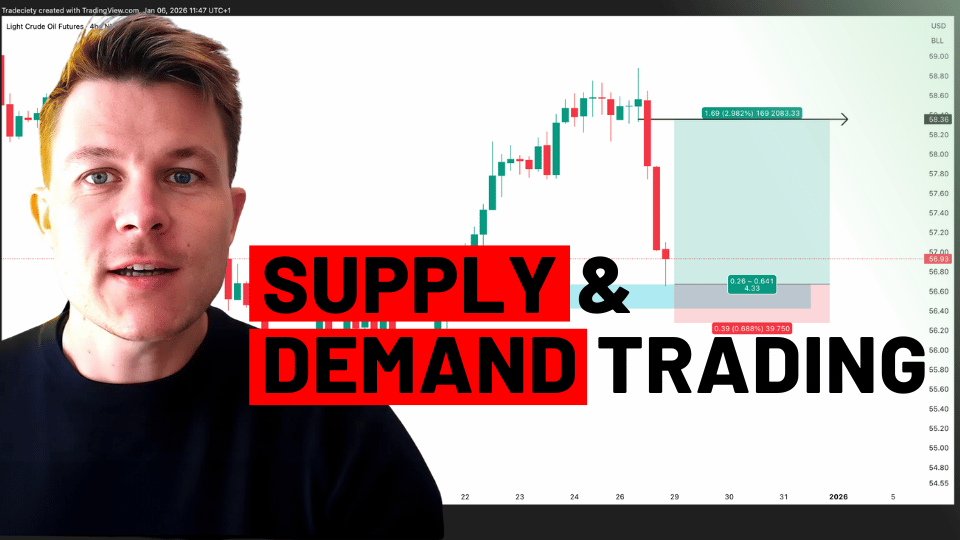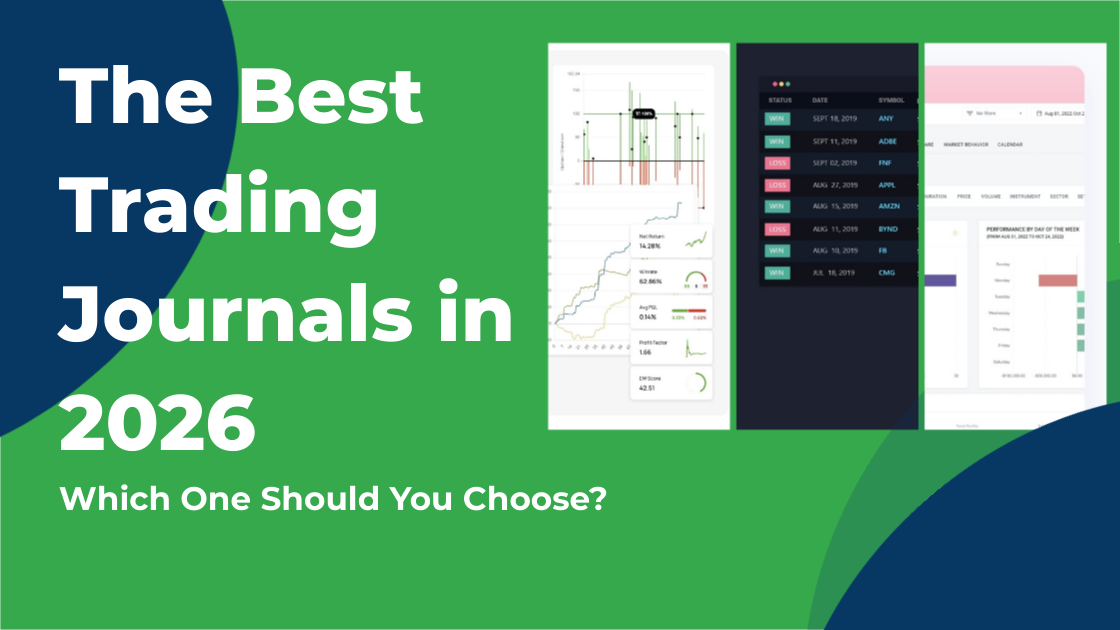Supply and Demand Trading in 2026
We have been trading supply and demand strategies for over ten years, and they have stood the test of time remarkably well. Supply and demand is...
Trades done in the spot market are effective immediately and the trades happen instantaneously. The Forex spot market is the largest market worldwide and most retail Forex trading happens in the spot market. Whether you trade through your regular broker (where the majority offers spot trading in Forex) or you go through a money changer (during holiday or at a bank), you are actually doing a spot transaction, where the transaction is settled ‘on the spot’.
Although the delivery date in spot trading is set to 2 days, retail traders are not interested in receiving the physical currency. Therefore, their positions are ‘rolled over’ and their position remains open until they close it.
A futures contract grants you the right to buy/sell the underlying asset (commodity, stock, currency) at a pre-determined price at a specific date in the future. Futures contracts are standardized in size and quantity, in contrast to option contracts. Another difference is that futures contracts oblige the holder to fulfill the terms of the contract, while option holders can choose to execute the contract, hence the name ‘option’. Futures traders have to ‘roll over’ their contracts when they expire to avoid physical delivery, which is a difference to spot trading.
Options, similar to futures, are contracts about buying/selling the underlying asset at a predetermined price at a specific date in the future. However, the dynamics of options trading are unique and different from futures and spot trading. There are two types of options:
Put option
The buyer of the put option can choose to sell the asset at a certain price. You would buy a put, if you expect prices to fall. The seller of the put has to fulfill the terms if, the buyer decides to execute his put option.
Call option
The buyer of the call option can choose to buy the asset at a certain price in the future. You would buy a call option if you expect prices to rise. The seller of the call option has to fulfill the terms, if the buyer decides to execute the call option.
Because of the possibility to buy or sell options, 4 possible positions exist:
1 – Buyer Put option : Bearish position. Limited losses. Unlimited profit potential. Has to pay a premium to buy the put.
2 – Seller Put option: Bullish position. Unlimited loss potential. Limited profit. Profit is limited to the premium the buyer pays.
3 – Buyer Call option: Bullish position. Limited loss. Unlimited profit potential. Has to pay a premium to buy the call.
4 – Seller Call option: Bearish position. Unlimited loss potential. Limited profit. Profit is limited to the premium the buyer pays.
Further reading: An introduction to option trading
The binary option has its name from the potential (binary) outcome of a trade. Binary means that you either win or you lose a fixed amount of money, in contrast to regular call and put options, where the loss potential could be unlimited when you are a seller.
The right to choose to execute the option also does not exist for binary options and the binary option automatically expires. Binary options have gained a lot of interest because of their simplicity.
Spreabetting is essentially very similar to spot trading with a few distinctions. However, whereas you define the contract size when spot trading (the number of shares you want to buy/sell or the amount of lots you want to trade), in spreadbetting you determine how much you want to bet per point movement.
For example, if you want to buy a currency pair because you expect it to go up, you can define that for every Dollar the pair goes up, you ‘bet’ $5. When the stock goes up from $100 to $110, you win $50 because the pair rose $10 and you risked $5 for every dollar the pair moves.
CFD stands for Contract for Difference and it is also similar to spot trading with a few unique and different characteristics.
These characteristics make CFD trading, especially interesting for stock traders who are usually more regulated and also require higher capital to trade.

We have been trading supply and demand strategies for over ten years, and they have stood the test of time remarkably well. Supply and demand is...

3 min read
Choosing the right trading journal is essential for traders wanting to analyze performance, refine strategies, and improve consistency. In this...

3 min read
“95% of all traders fail” is the most commonly used trading related statistic around the internet. But no research paper exists that proves this...